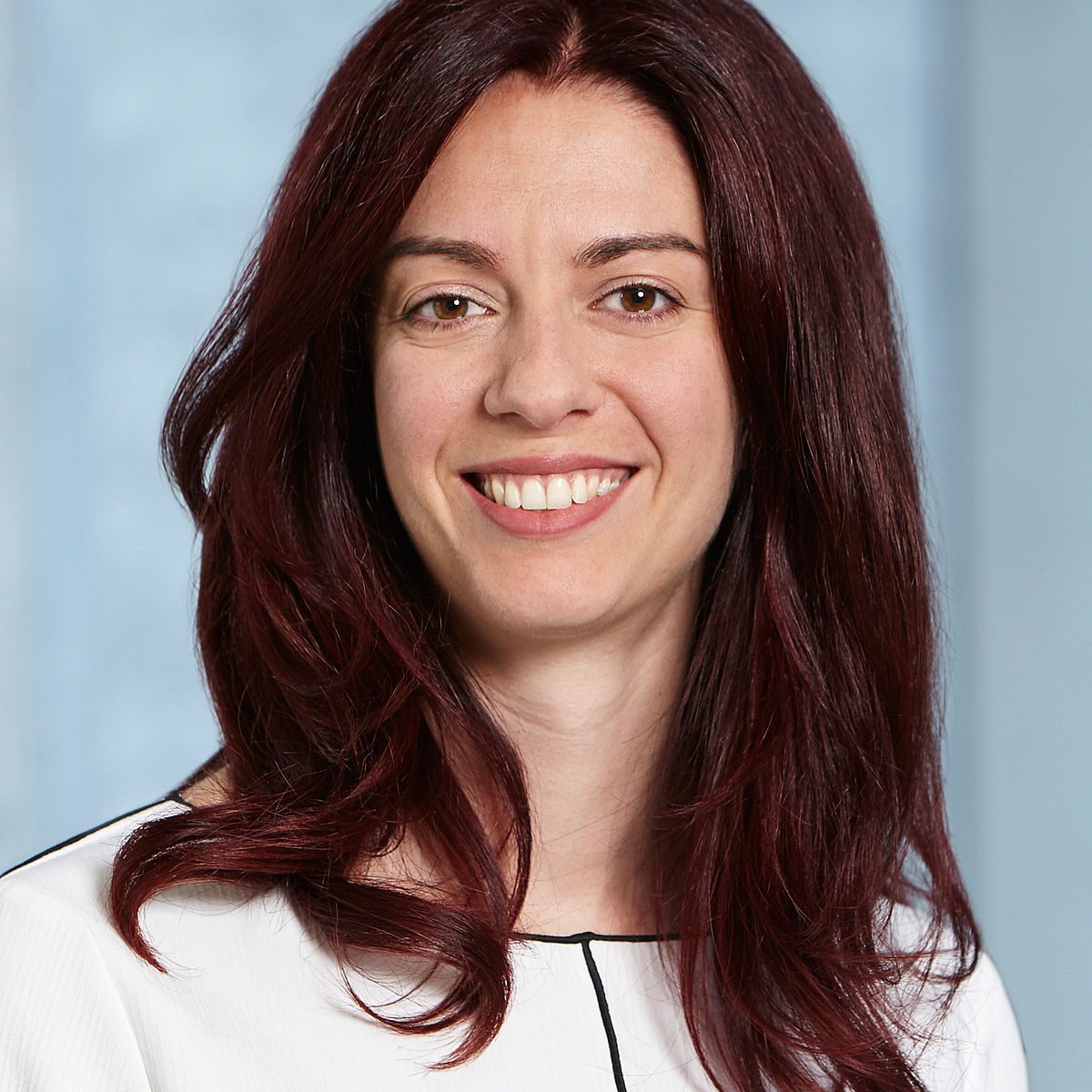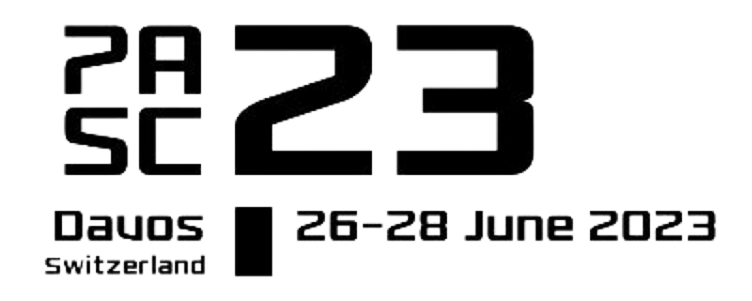Plenary Sessions
Better Together: Enhancing Inter-Community Collaboration ?
This panel discussion will focus on the PASC23 theme: Computing Across Scales, Domains, and Communities. The panel will discuss how to aggregate and synthesize distinct sources of technique and insight to improve the fidelity, effectiveness, efficiency, and usefulness of scientific results at the frontiers of scientific computing.
PASC23 investigates harnessing multi-scale methods, operating on the basis of hybridizations of physics and data, to enable higher fidelity predictive capabilities, especially for complex phenomena with emergent behavior. Aggregating and synthesizing approaches from multiple domains, including techniques from modeling & simulation and data-driven disciplines, is essential to improving the quality and computational feasibility of results. Forming teams across distinct scientific communities, up to and including the social and cognitive sciences, has also become essential to improve how teams develop and use computational tools for research, and communicate results to the broader public.
The panel discussion will specifically address these and other relevant topics from various perspectives. Our panelists will help us explore themes such as scientific-software development, distributed heterogeneous computing and physics-based machine learning for multi-scale simulation, large scientific software teams in the pursuit of leading-edge scientific simulation, as well as the nature of scientific software teams.
Moderators

Eleni Chatzi
ETH Zurich, Switzerland
Eleni Chatzi is an Associate Professor and Chair of Structural Mechanics and Monitoring at the Department of Civil, Environmental and Geomatic Engineering of ETH Zürich. She works in the domain of Structural Health Monitoring (SHM) and data-driven decision support for engineered systems. She is an author of over 300 papers in the domain of dynamics and SHM and further serves as an editor for international journals in the field. She led the recently completed ERC Starting Grant WINDMIL on the topic of Smart Monitoring for wind energy infrastructure. Her work in the domain of self-aware infrastructure was recognized with the 2020 Walter L. Huber Research prize.

Mike Heroux
Sandia National Laboratories, US
Mike Heroux is a Senior Scientist at Sandia National Labs, Director of Software Technology for the US DOE Exascale Computing Project (ECP), and Scientist in Residence at St. John’s University, MN. His research interests include all aspects of scalable scientific and engineering software for new and emerging parallel computing architectures. Mike founded the Trilinos, Kokkos, Mantevo, HPCG Benchmark, and Extreme-scale Scientific Software Stack (E4S) projects. Mike works in software productivity and sustainability efforts for DOE and NSF, and reproducibility initiatives for scientific publications with ACM and IEEE. He is a SIAM Fellow, ACM Distinguished Scientist, and IEEE Senior Member.
Panelists

Hannah Cohoon
Hannah Cohoon is a Postdoctoral Researcher in the Kahlert School of Computing at the University of Utah. Her research focuses on the sociotechnical aspects of scholarly infrastructure. She studies how tools like cloud computing testbeds, open science platforms, and scientific software are built and used. Through this infrastructural lens, she seeks to better understand how science practice co-evolves with technology. Cohoon received her PhD from the School of Information at the University of Texas at Austin in 2022, and a Bachelor in Cognitive Science from the University of Virginia in 2013. Her work has been published in Science as well as ACM conferences like CHI and CSCW.

Axel Huebl
Axel Huebl is a computational laser-plasma physicist working on Exascale simulations. As a scientist at Berkeley Lab, he leads the software architecture of the Beam, Plasma & Accelerator Simulation Toolkit (BLAST). He co-first-authored the paper winning the 2022 ACM Gordon Bell Prize, running the BLAST code WarpX on the first reported Exascale machine: Frontier.
In 2019, he completed his PhD with highest distinction at TU Dresden (Germany) and received awards for his pioneering work on PIConGPU (Gordon Bell Finalist @ SC13; ACM/IEEE George Michael Memorial Fellowship @ SC16; FoMICS PhD prize @ PASC17; IEEE-NPSS PAST award 2022). He is a vivid advocate for open science and founded the open particlemesh data project (openPMD) for self-describing, scalable I/O and data science.

Neena Imam
Neena Imam is the Director of Strategic Researcher Engagement (North and Latin Americas) at NVIDIA. Before NVIDIA, Neena served as a distinguished scientist and the Deputy Director of Research Collaboration in the Computing and Computational Sciences Directorate at Oak Ridge National Laboratory, performing research in extreme-scale computing. Neena holds a Doctoral degree in Electrical Engineering from Georgia Institute of Technology, with Master’s and Bachelor’s degrees in the same field from Case Western Reserve University and California Institute of Technology, respectively. Neena also served as the Science and Technology Fellow for Senator Lamar Alexander in Washington D.C. (2010-2012). Neena is a senior member of IEEE, served as an IEEE officer for multiple years, and is the founding Chair of ACM SIGHPC ASCAN (Accelerated Scalable Computing and ANalytics) chapter (Association for Computing Machinery (acm.org)).

Simone Pezzuto
Simone Pezzuto is an assistant professor in numerical analysis at the Department of Mathematics of Università di Trento and an external collaborator at the Center for Computational Medicine in Cardiology (CCMC) and the Euler Institute at Università della Svizzera italiana (USI), Lugano. After receiving his PhD in 2013 from Politecnico di Milano, he has been a visiting scholar at UCSD, a postdoctoral researcher at Simula (Norway), and a group leader at CCMC, USI. His research is in mathematical modeling of the heart and clinical application. His group develops novel numerical methods for the personalization of cardiac models.

